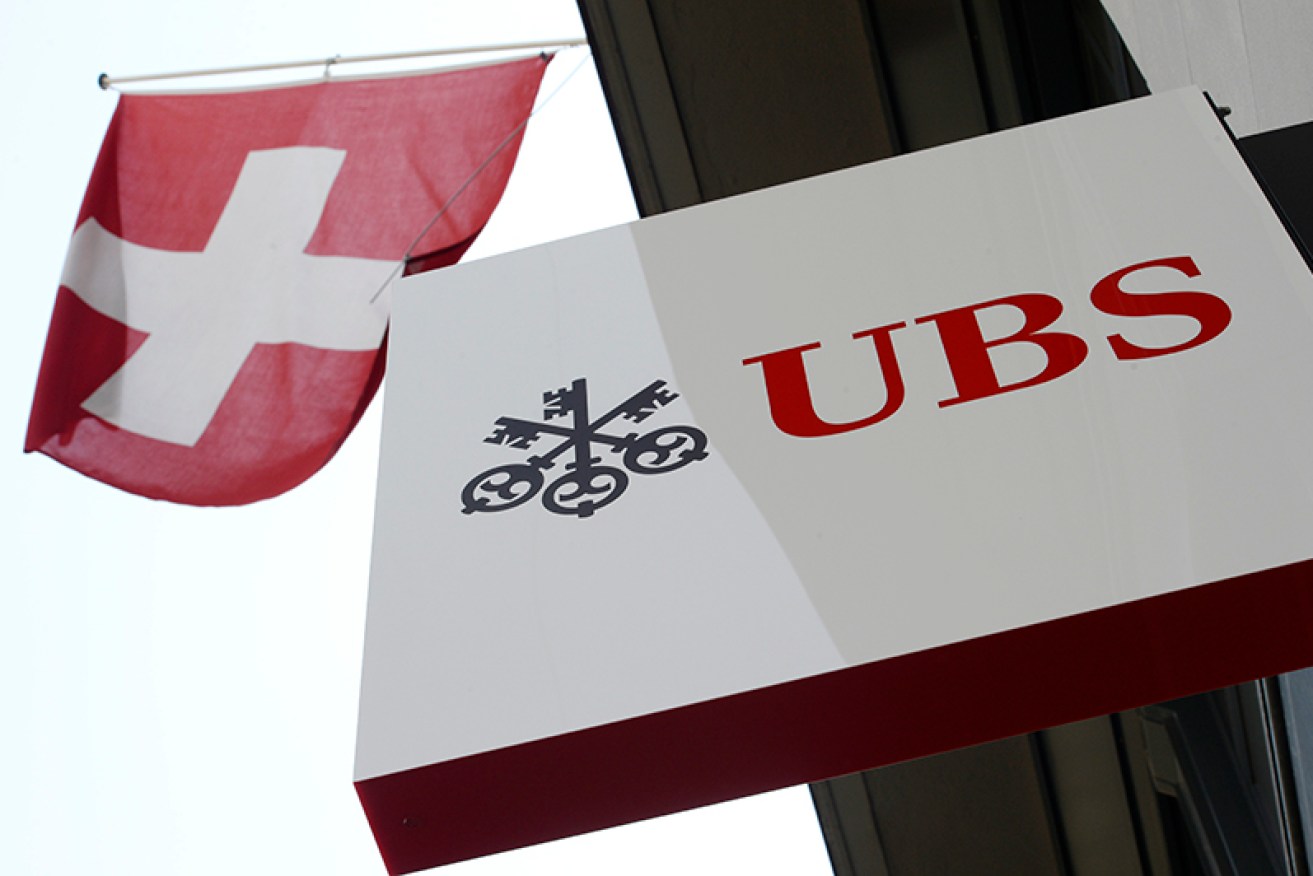Is the NSW Premier too close to the bankers?


AAP
New South Wales Premier Mike Baird is breezing towards a comfortable victory on Saturday despite his government being heavily implicated in a scandal involving the suppression of key information about the poles and wires sale.
The scandal has seen corporate regulator ASIC launch an investigation into investment bank UBS, but so far the Baird government appears to have escaped with its reputation intact.
The facts of the case are as follows: on Tuesday 17 March, Swiss investment bank UBS – which Mr Baird has enlisted to oversee the poles and wires sale – published a report on the sale, with a section entitled ‘Bad for the budget, good for the state’.
• Will the poles and wires sale increase prices?
• Email asks for illegal donation
• What they’re not telling voters about the poles and wires sale
• Baird was a Trotskyist, reports Wikipedia
In this report UBS analyst David Leitch predicted that the plan “would likely have a negative impact on state finances in the long run”.
Soon after publishing, UBS received a call from the NSW Treasury. The NSW government has not said who made this call, or whether Mr Baird was involved; however, later that day the report was republished with the section describing the sale as “bad for the budget” removed.

UBS is “in a league of its own given its track record for scandals,” according to the New York Times. Photo: AAP
This naturally raised eyebrows. Eventually ASIC weighed in, announcing it was investigating the effectiveness of the so-called Chinese wall between the bank’s research arm and its investment banking arm.
Both the Baird government and UBS are staying tight-lipped about what really happened (both declined to comment to the The New Daily), meaning voters will go to the polls without a satisfactory answer.
So what could have happened?
There are a number of possible theories. The least damaging is that Mr Leitch realised he was factually incorrect after the phone call from NSW Treasury.
The most damaging theory – with an emphasis on the word ‘theory’ as nothing has been proven – is that NSW Treasury called up senior management in the investment banking arm and told them to change the report or risk losing the contract to oversee the sale.
According to this theory, UBS’ investment banking arm would then have climbed over the Chinese wall and ordered Mr Leitch to rewrite the report, excluding the part where it describes the sale as “bad for the budget”.
Speaking generally, Melbourne University corporate law expert Professor Ian Ramsay said an action of this sort could be a breach of section 912A of the Corporations Act, and result in a suspension or cancellation of the institution’s financial services licence, as well as banning orders on individuals within the organisation. It could also lead to hefty fines.
Has ASIC got the teeth to deal with UBS?
In other countries, in particular the USA, there is a long list of instances of Chinese walls being breached.
In December 2014, for example, the US regulator fined 10 investment banks a total of $43.5 million for, in its own words, “allowing their equity research analysts to solicit investment banking business and for offering favorable research coverage in connection with the 2010 planned initial public offering of Toys’R’Us”.
Many of those same banks, including Citigroup, Credit Suisse, Morgan Stanley, Goldman Sachs and JP Morgan, were fined a total of $1.4 billion in 2003 for similar breaches.
In Australia, however, where all the same players operate, there have been very few reported breaches.
Professor Ramsay said there are two possible explanations for this.
“Either it goes on but ASIC hasn’t been able to locate it, or else it may be that in fact the investment banks in Australia are just better at managing conflicts than the big Wall Street banks,” he said.

Bad for the budget: is it or isn’t it? Photo: Shutterstock
While Professor Ramsay did not say which was the correct explanation, he did add: “The Australian financial services market is a heavily concentrated market, and that immediately raises actual and potential conflicts of interest.
“The large dollars that are available for the big deals create an environment where a lot of attention, a lot of resources need to be put on managing conflicts of interests.”
While he says ASIC has been “quite active on regulatory policy”, the problem is enforcing that policy. In the words of former CBA boss David Murray, being on the receiving end of an ASIC penalty is “like being hit with a lettuce leaf”.
Professor Ramsay agreed.
“I don’t believe that any corporate regulator in the world has ASIC’s breadth of responsibility. ASIC regulates everything from a $300 payday loan to the biggest takeover deals in the country.”
This means ASIC’s resources were already spread thin even before the Abbott government reduced its funding – a decision Professor Ramsay condemned as “poor”.
“I think we’re seeing decisions by the [federal] government that are not based on good knowledge or good research,” he said.
Whether ASIC’s investigation digs up any dirt on UBS remains to be seen. So far there has been no talk of legal ramifications for Mike Baird (himself a former investment banker) or his government.
Mr Baird’s trial will come in Saturday’s election, which polls suggest he will win comfortably.








